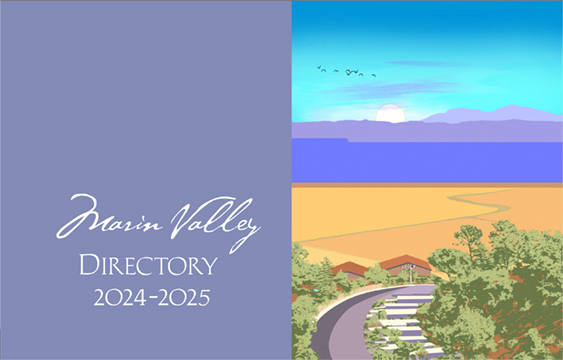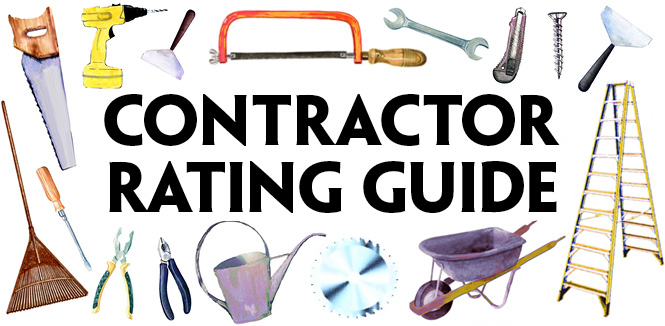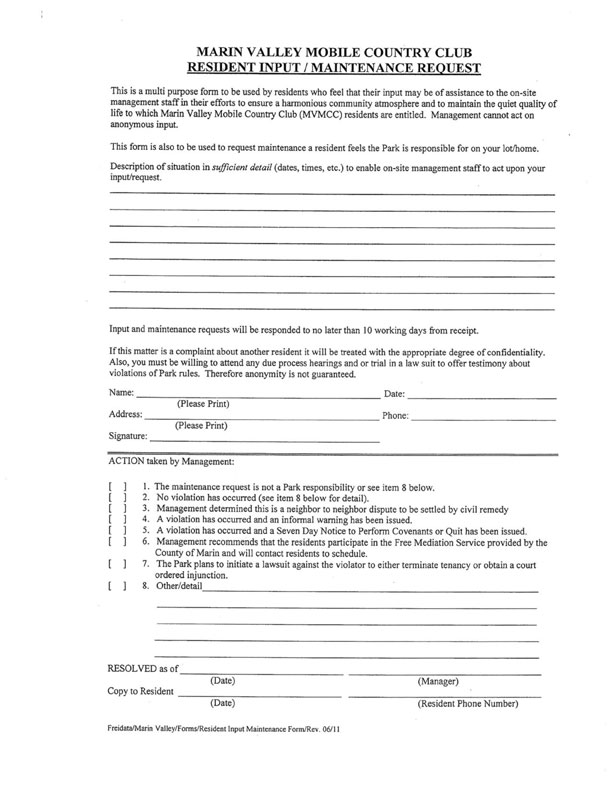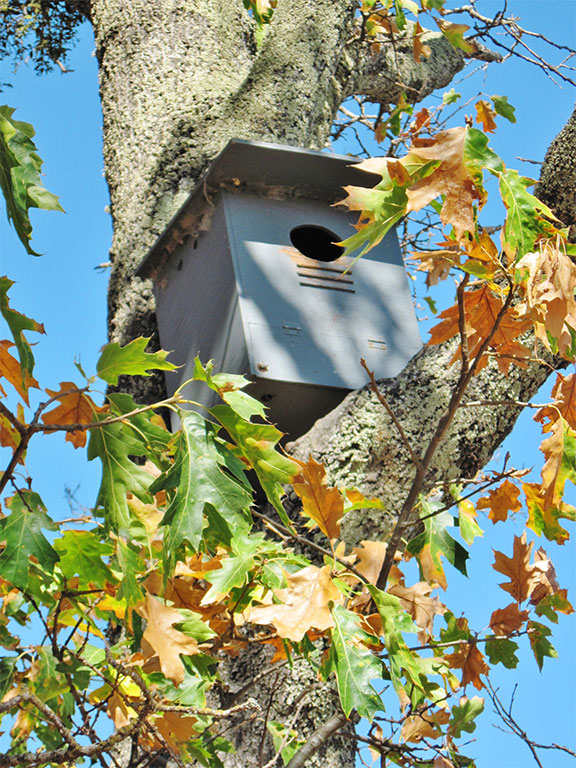HOL volunteers work throughout the year on various projects to provide many services including the following:
Directory
The Park Directory provides a listing of residents’ phone numbers and house and email addresses with both an alphabetical and a street listing, and a geographic map of the community. Residents can keep their directories updated with the “Directory Update” information published every month on the second page of the Echo magazine for residents, telephone numbers, or email address changes or additions. Contact Erma Wheatley.
Handyman/Contractor Binder
Read Reviews • Write Reviews • Stay Informed
HOL’s digital Contractor Rating Guide, is available at marinvalley.net/contractors-rating-guide/ Here, you can read resident reviews of contractors and others working in the Park who come to your home to do work for you, and you can also write a review of your own experiences. This is a great resource for homeowners to benefit from the experiences of others and a useful way to stay informed. A paper version of this guide is also in the library. The Contractor Rating Guide (formally known as the Handyman Binder) is now available as a summary table, with links to detailed reviews for the contractors that are listed. The guide is intended for Park residents ONLY, and there is a Terms of Service portion of the web page that describes this and other types of conditions HOL is asking you to honor when you’re using the guide. All of this information, along with general guidance and Internet links for using contractors to do projects around your home, is available at: https://marinvalley.net/
If you have any comments or questions about using this guide, please email marinvalley.net@gmail.com. Or just contact one of the workgroup members: David Tetta, John Feld, Inga Grace, and Elizabeth Lev.
Just-1-Hour
Just-1-Hour — is a program that provides a helping hand for just one hour at a time to those residents who are recuperating, have limited mobility and agility, or just need occasional help with meals, letter writing, light housekeeping, shopping, small handyman service, or simple errands (list is in hallway cubby). You may be a volunteer with skills and abilities that you want to share. You may be a recipient (temporarily or permanently) unable to do an important task, but reluctant to ask for help. By matching residents, the Just-1-Hour program helps create a community of care and concern. If you can become a Just-1-Hour volunteer or for more information contact John Feld. If you need help, you can contact Matt or check out the Just One Hour volunteers.
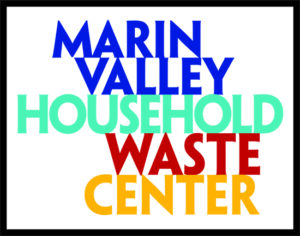
Marin Valley Household Waste Center
The Household Waste Center is ONLY for household batteries and certain light bulbs.
HOUSEHOLD BATTERIES Do not drop any leaking or damaged alkaline batteries through the funnel:
Alkaline batteries — Regular batteries are alkaline: AAA, AA, C, D, 9V, etc. Bag these and place them in the small container labeled “Damaged Alkaline Batteries.”
Lithium (nonrechargeable) batteries — These should go in the bin with the picture of a coin battery on the front. Round batteries should be entirely wrapped in clear packaging tape, electrical tape, or vinyl tape to ensure that the battery surface does not come into contact with other batteries. Other types of batteries can be taped just at the ends to cover the battery terminals. Not taping batteries may cause a fire. A tape dispenser is attached to the bin for your use.
Lithium ion (Lithion) rechargeable batteries — If the label reads “Rechargeable” and it fits the labeled container at the Center, it’s probably one we can take. Contact Lu Damerell (Damerell.pg@gmail.com) for any questions. Rechargeable batteries should be disposed of only when they are close to or at the end of their recharging life.
LIGHT BULBS
Fluorescent bulbs — These must not have cracked glass. Bent, twisted, or curly bulbs go in the containers on the bottom shelf.
LED bulbs — LEDs need to be recycled in the bulb boxes.
Halogen and incandescent bulbs — These types of bulbs should be thrown away in the trash. Bag them first to spare handlers from broken glass.
NO car batteries or semi-industrial batteries can be accepted. For safety reasons, these batteries must be handled separately. Please do not remove containers from the Center. HOL volunteers will empty them as needed.
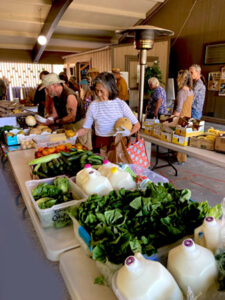
Park Market
Four days a week, food from Extra Food is either delivered or picked up by resident volunteers, sorted, distributed to the house-bound, and assembled for residents to select from tables in the breezeway. A notice of the available food to select from is usually sent to residents for eight weekly deliveries during the week.
Resident Input Form
The Resident Input Form tells Management what you think needs to be done for you or for our community. Print out the form below and bring it up to the front desk, or tuck it in the mail slot in the door to the left of the lobby desk. Contact Matt or print this out: Resident Input Form
Wildlife Committee
The Wildlife Committee provides information about the wildlife around the Park such as the owls, coyotes, and turkeys. They install and maintain owl nesting boxes, as the owls keep down the rodent population. Through education, they help ensure that the Park is a pesticide-free zone.
